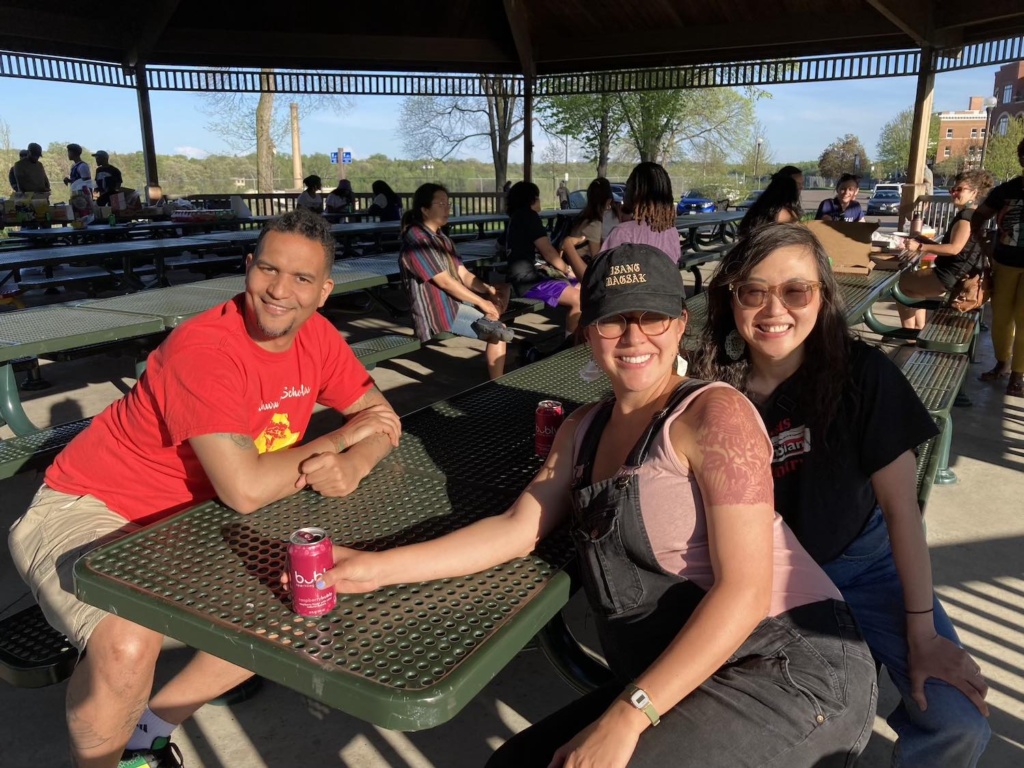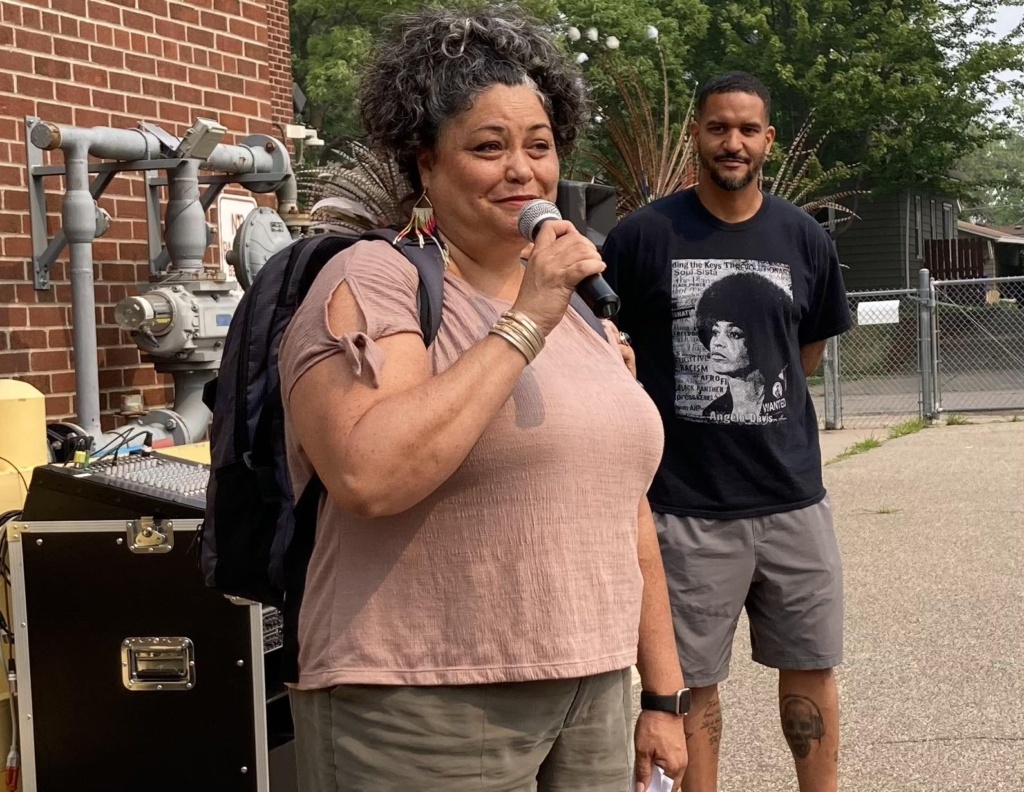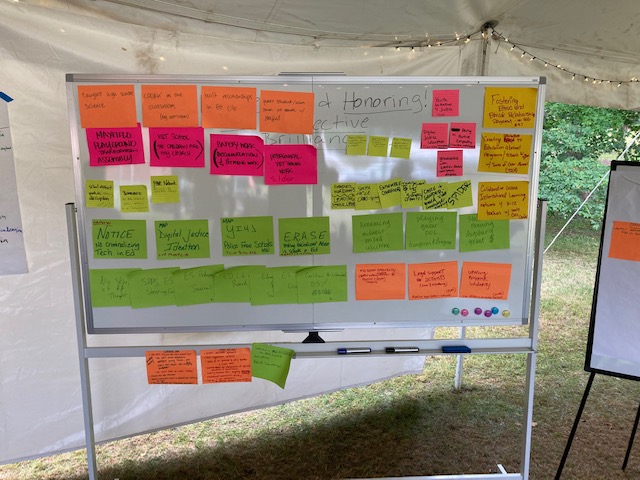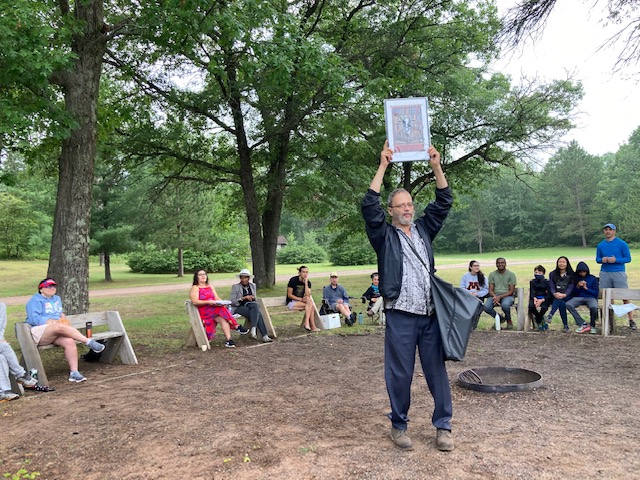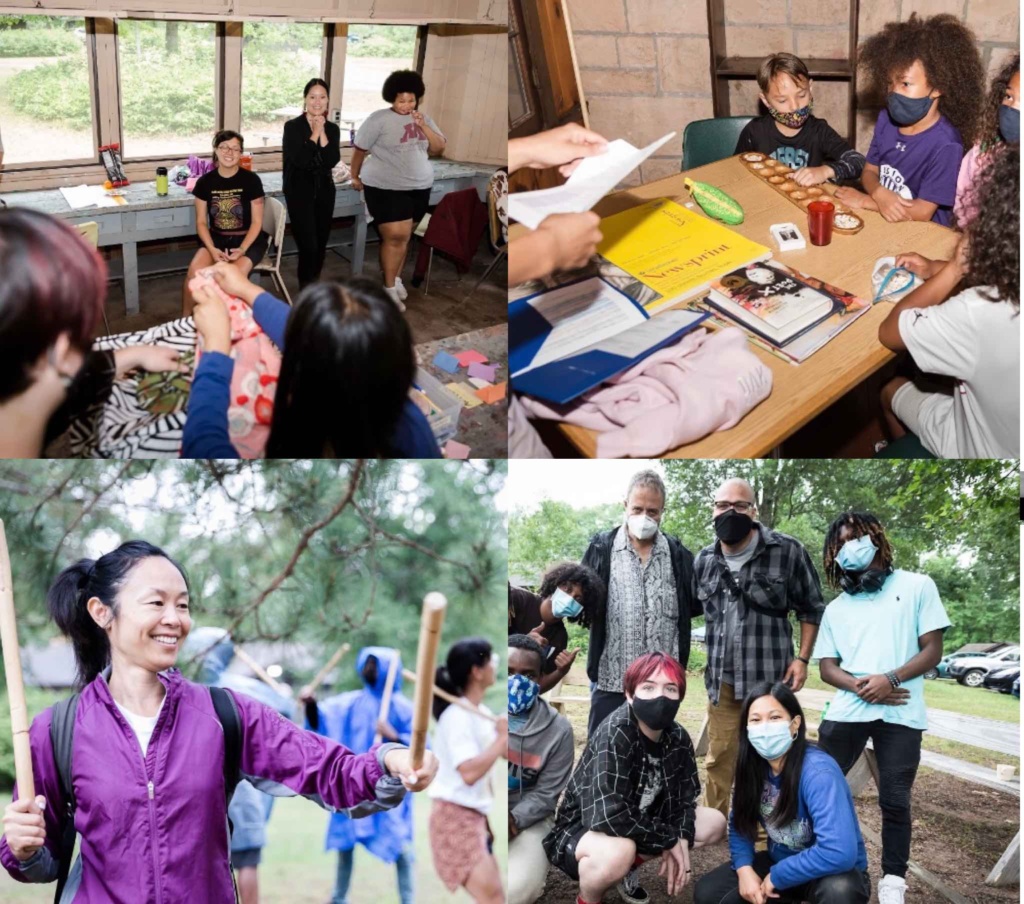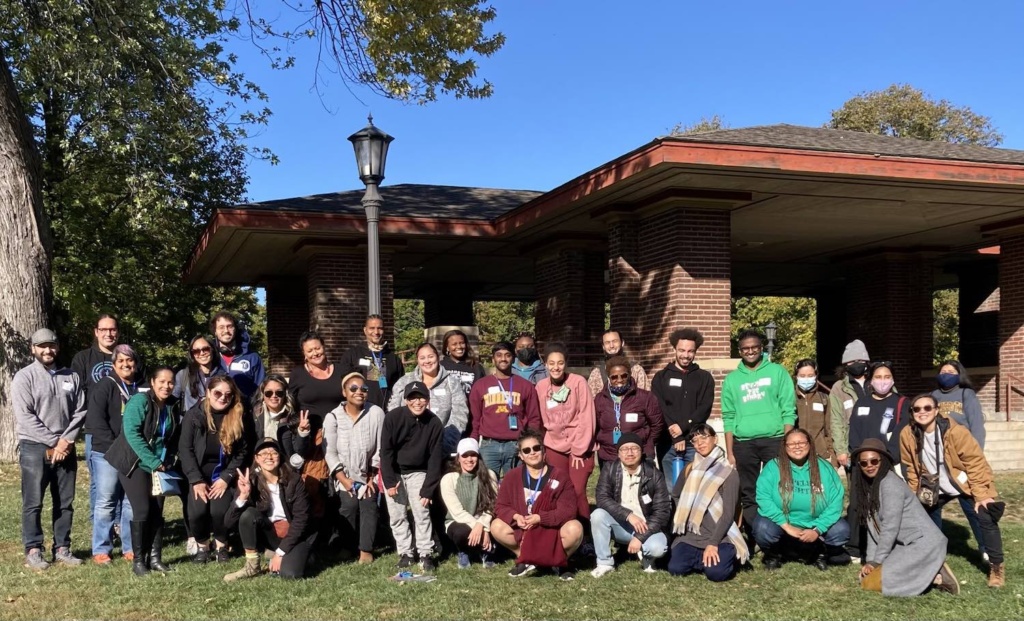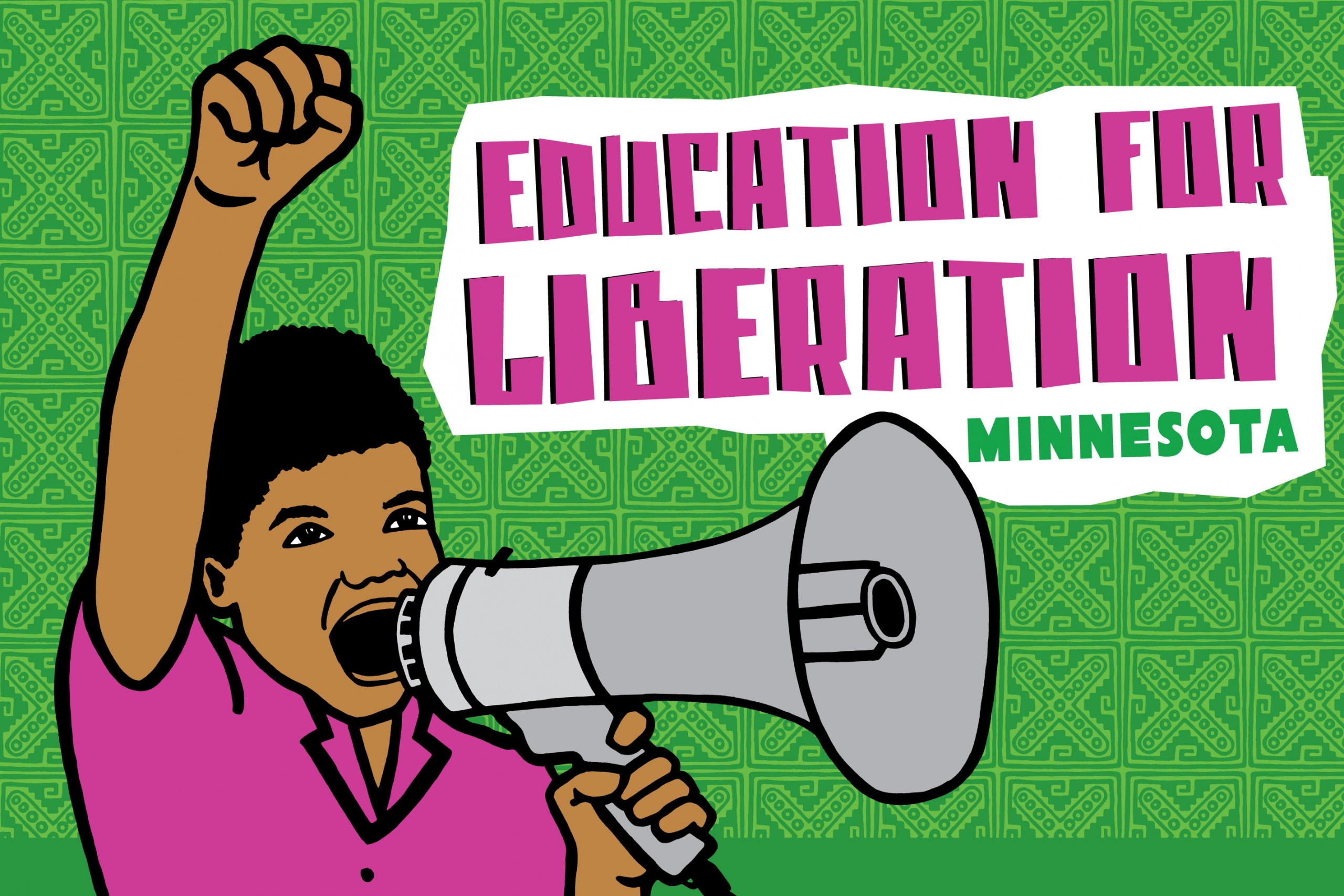
Who We Are
We are a network of approximately 100 teachers, youth workers, teaching aides, educators’ union organizers, academics, policy advocates, parents, and youth-led organizations, working to bring together various constituencies in Minnesota to organize for educational justice.
What We Do
Since our founding in fall 2019, we have been working to build collective power and knowledge in various ways:
- Creating and facilitating the statewide BIPOC teacher Ethnic Studies mentoring network
- Organizing public education events about Ethnic Studies (such as a nation-wide webinar called “Ethnic Studies: From Policy to the Classroom,” that included a local Hmong heritage language teacher and EdLibMN member as well as educators from four other locations across the U.S.)
- Publishing multiple articles and public letters supporting resource distribution, Ethnic Studies mandates, and removing SROs from MN schools
- Working in coalition with other organizations with similar goals (e.g. Unidos MN, Youth Ethnic Studies Coalition, MPD 150, Reclaim the Block)
- Having EdLibMN members on the state social studies revision committee to advocate for centering Ethnic Studies content in social studies curriculum
History and Origins
The Minnesota Chapter of the Education for Liberation Network began in the summer of 2019 immediately following the Free Minds, Free People Conference in Minneapolis, MN. Ed Lib Minnesota is comprised of the core 2019 FMFP local organizing committees along with a growing network of teachers, youthworkers, teaching aids, educators’ union organizers, academics, policy advocates, parents, and youth-led organizations.
The goal of Ed Lib MN is to be a political force in the state of MN to contend with the status quo of colonial education that prioritizes Eurocentric curricula, predominantly white educators and administrators, and a persistent attack on the power of communities to be self-determined.
The Political Landscape of Education in Minnesota
“Mnísóta”, is a Dakota word, which means “clear blue water”, or “Mnißota”, which means “cloudy water”. The state of Minnesota occupies Dakota and Anishinaabe land. It has been and become home to many Indigenous peoples. Minnesota exists on sacred and stolen Dakota land, where communities continue to fight each day for survival. Indigenous justice and land rights are a core component of the educational struggle that confronts us.
Like other states in the US, Minnesota faces the consequences of the systematic dispossession of humanizing, quality education from our youth and communities. Our local struggles for Indigenous sovereignty, ethnic studies, equitable funding for education, recruiting diverse teachers, eliminating police from schools, culturally sustaining curriculum, and schools that deserve our youth mirror that of many other places across the nation. Yet, Minnesota is unique in terms of our demographic make-up, and potential for alignment across multiple municipalities. The state is home to large populations of immigrant and refugee communities from East and West Africa, Central and South America, and Southeast Asia along with Indigenous communities and African Americans. Each of these communities have youth navigating traditional public and charter schools. Consequently, there is a strong network of youth organizers and leaders across the state.
Logo Artist Melanie Cervantes on the design: “The pattern in the back is composed of a symbol of a ball game that the Spanish colonizers outlawed the Mexica (“Aztec”) would play. It is intended to connect the portrait of the young with ancestors many generations removed.” The teacher is of course an artist, but being an artist does not mean [they] can make the profile, can shape the students. What an educator does in teaching is to make it possible for students to become themselves. – Paulo Freire, Pedagogy of the Oppressed

